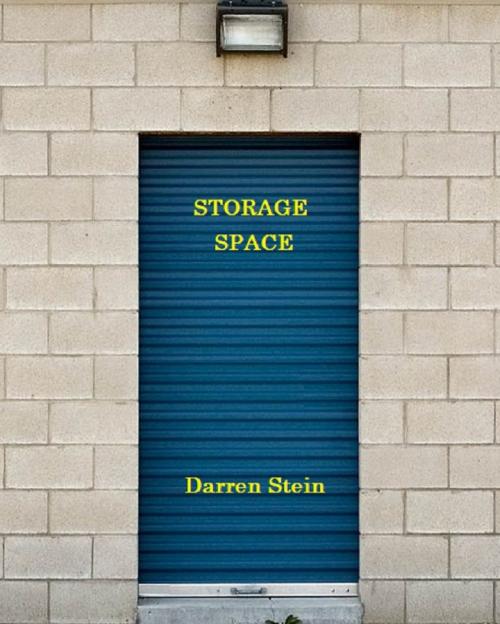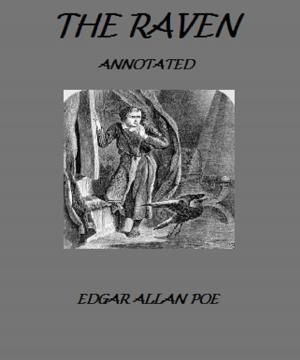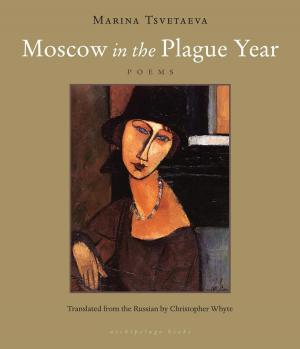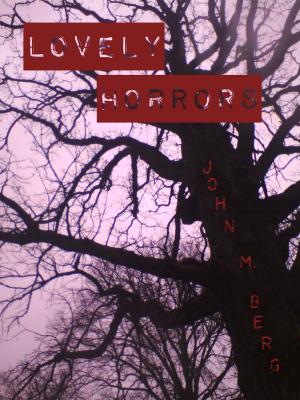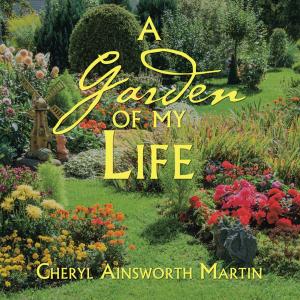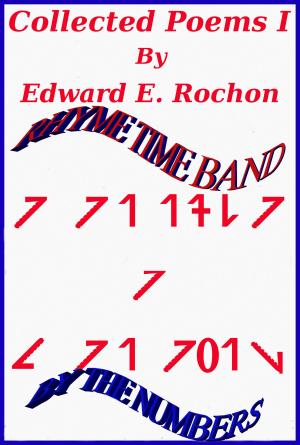| Author: | Darren Stein | ISBN: | 9781370229543 |
| Publisher: | Darren Stein | Publication: | March 6, 2011 |
| Imprint: | Smashwords Edition | Language: | English |
| Author: | Darren Stein |
| ISBN: | 9781370229543 |
| Publisher: | Darren Stein |
| Publication: | March 6, 2011 |
| Imprint: | Smashwords Edition |
| Language: | English |
Darren Stein worked in the townships and squatter camps around Johannesburg and Soweto from 1992-1996. His fields included adult literacy, voter education, election monitoring, and subsequently, the Community Policing Project which worked towards building reconciliation between local community groups and the Post-Apartheid police forces. After suffering from Post-Traumatic Stress Disorder caused by his exposure to the extreme violence of the period, he immigrated to Sydney, Australia. He is married with two children and is now a much-loved and inspirational English teacher at a high school on Sydney’s North Shore. His recent work has appeared in Poetica, Metaphor, Words Apart, The Journal of Microliterature, and Twelve Winters Press. His two anthologies, The Nut House Poems and Storage Space, are available online.
Stein's "Storage Space: A collection of contemporary poetry" is a refreshingly direct and eloquent anthology in which Stein shares insights into the human condition and explores novel perspectives in which aim to deliver a direct and comprehensible style of poetry that offers profound and entertaining insights into everyday life and human existence. Reminiscent of the styles of Robert Frost and Dorothy Parker, "Storage Space" gives a balance of both comedy and pathos, through the fascinating experiences of its poet guide.
The poet aims to abandon what he regards as the pretentiousness of obscure language and imagery that clouds the essence of a poem. To him, the aim of poetry is to communicate a universal truth, however unique an experience may be to the poet who communicates it.
What Stein wants most from his readers is that each will find a poem that speaks to them or makes them laugh. That they will find a poem that makes them nod their head in recognition of some event or circumstance familiar to their own lives. He hopes they might turn to their friend or partner and say, 'listen to this,' as they read a passage aloud - and then recommend the book to a friend.
Darren Stein worked in the townships and squatter camps around Johannesburg and Soweto from 1992-1996. His fields included adult literacy, voter education, election monitoring, and subsequently, the Community Policing Project which worked towards building reconciliation between local community groups and the Post-Apartheid police forces. After suffering from Post-Traumatic Stress Disorder caused by his exposure to the extreme violence of the period, he immigrated to Sydney, Australia. He is married with two children and is now a much-loved and inspirational English teacher at a high school on Sydney’s North Shore. His recent work has appeared in Poetica, Metaphor, Words Apart, The Journal of Microliterature, and Twelve Winters Press. His two anthologies, The Nut House Poems and Storage Space, are available online.
Stein's "Storage Space: A collection of contemporary poetry" is a refreshingly direct and eloquent anthology in which Stein shares insights into the human condition and explores novel perspectives in which aim to deliver a direct and comprehensible style of poetry that offers profound and entertaining insights into everyday life and human existence. Reminiscent of the styles of Robert Frost and Dorothy Parker, "Storage Space" gives a balance of both comedy and pathos, through the fascinating experiences of its poet guide.
The poet aims to abandon what he regards as the pretentiousness of obscure language and imagery that clouds the essence of a poem. To him, the aim of poetry is to communicate a universal truth, however unique an experience may be to the poet who communicates it.
What Stein wants most from his readers is that each will find a poem that speaks to them or makes them laugh. That they will find a poem that makes them nod their head in recognition of some event or circumstance familiar to their own lives. He hopes they might turn to their friend or partner and say, 'listen to this,' as they read a passage aloud - and then recommend the book to a friend.
